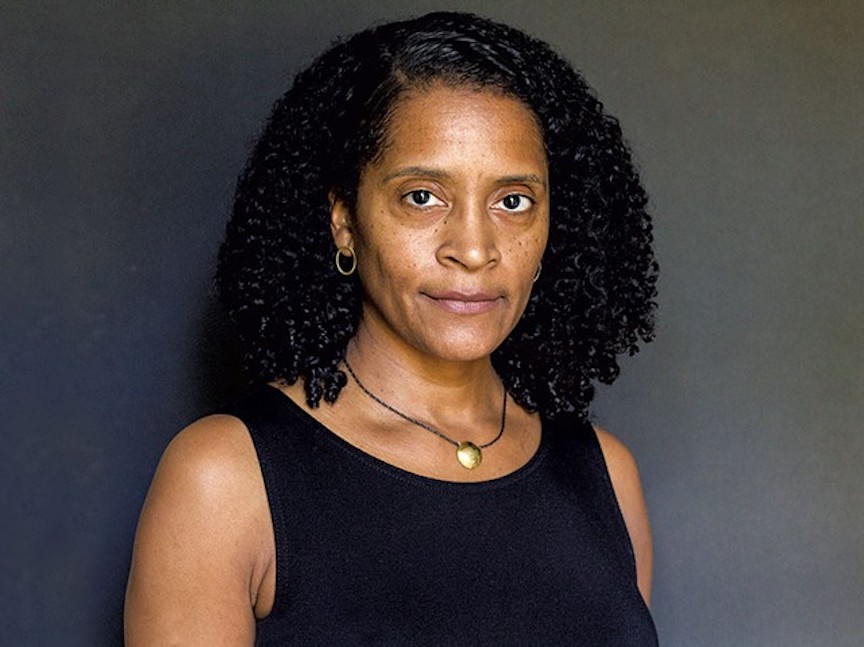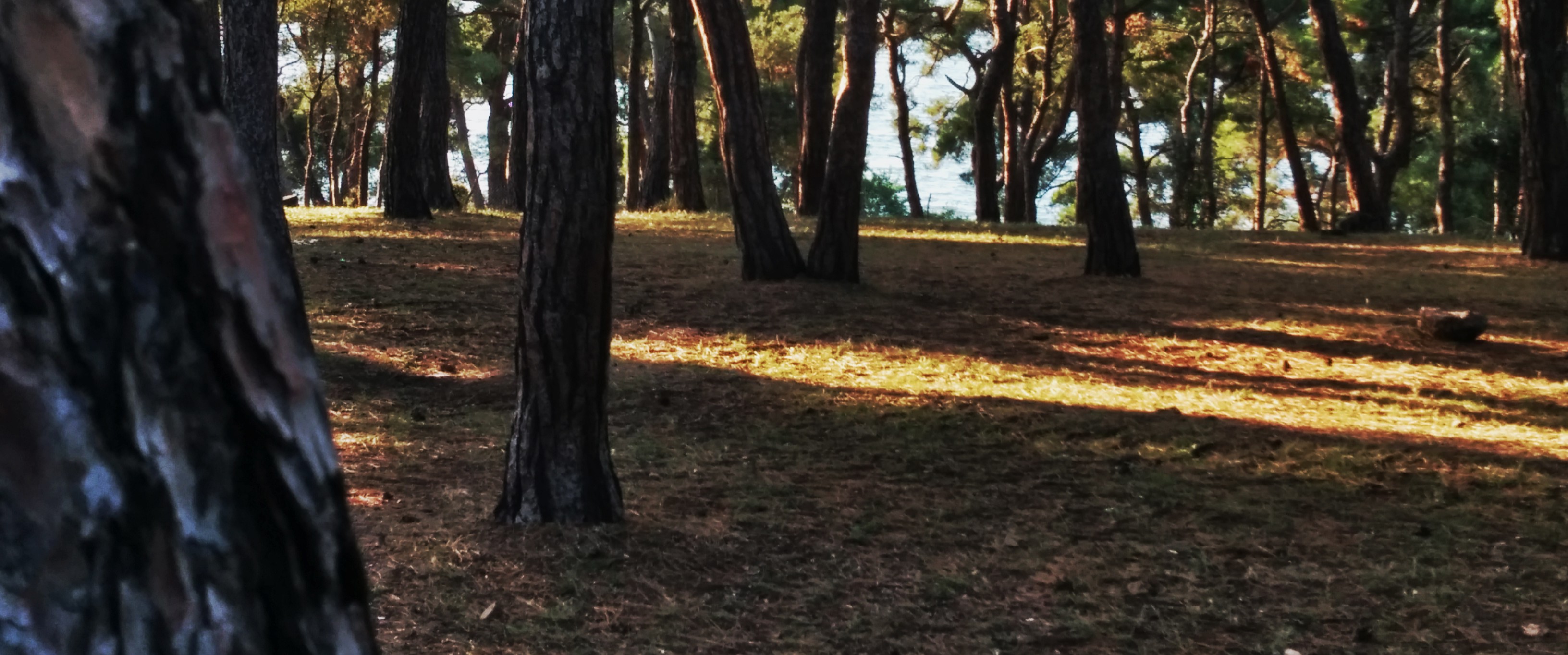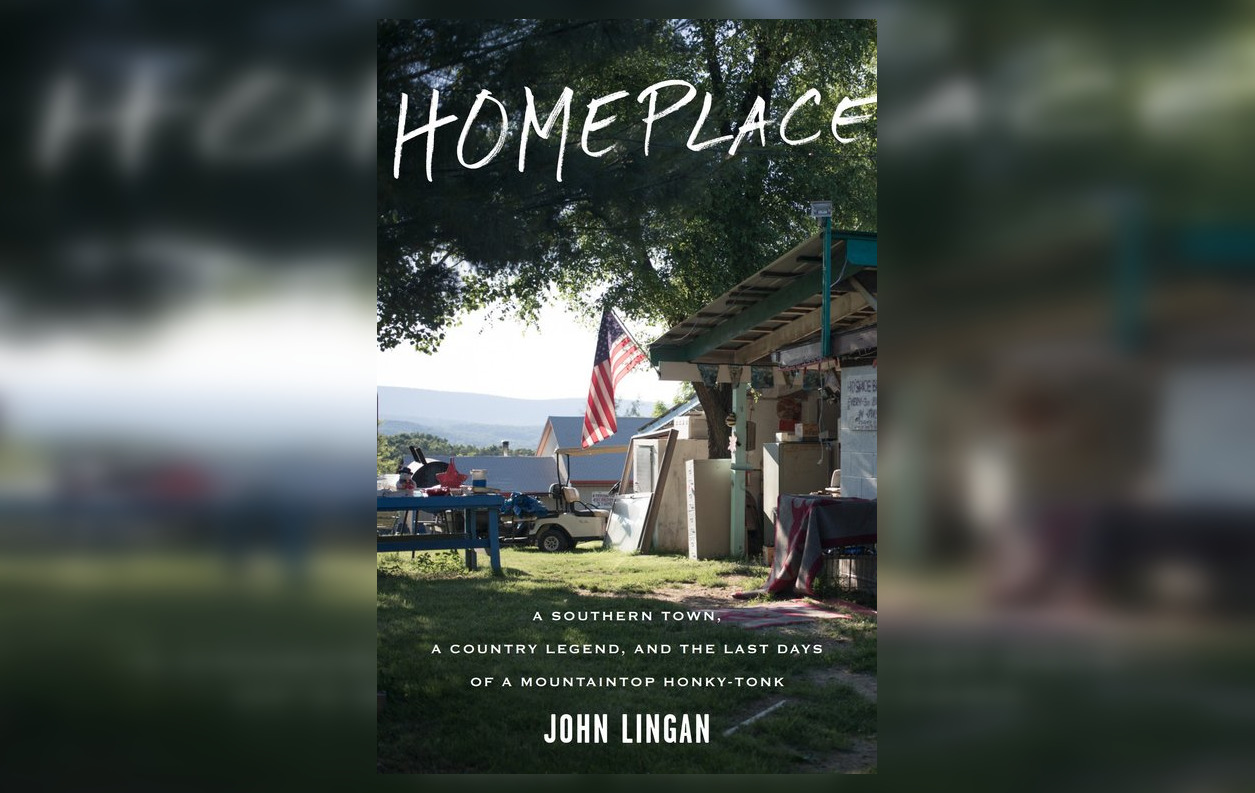In this interview, Online Nonfiction Editor Vera Carothers spoke to writer Emily Bernard about her new book of essays Black is the Body and why she can’t resist the emotional cost of showing her scars. Emily Bernard was born and raised in Nashville, Tennessee. She holds a B. A. and Ph. D. in American Studies from Yale University. Her work has appeared in The American Scholar, The Boston Globe Magazine, Creative Nonfiction, Green Mountains Review, Oxtford American, Ploughshares, The New Republic, and theatlantic.com. Her essays have been reprinted in Best American Essays, Best African American Essays, and Best of Creative Nonfiction. Her first book, Remember Me to Harlem: The Letters of Langston Hughes and Carl Van Vechten, was a New York Times Notable Book of the Year. She has received fellowships and grants from Yale University, Harvard University, the National Endowment for the Humanities, the Vermont Arts Council, the Vermont Studio Center, and The MacDowell Colony. A contributing editor at The American Scholar, Emily is the Julian Lindsay Green and Gold Professor of English at the University of Vermont.
Emily Bernard is the nonfiction judge for the Columbia Journal Fall Contest.
One of the essays that I loved the most in your new book Black is the Body is “Skin.” You open with this amazing image of you and this little white girl sitting side-by-side and she’s looking at your hands next to hers and comparing the color. I sense this openness and this generosity, especially in this essay, but really in all of them, towards your subject matter. I feel that you’ve been able to get a lot of emotional distance from it but still write about it in a very warm way. So, I’m curious how much time do these moments spend in the drawer? What happens between when this happens and when you write about it?
A long time. It’s funny that you mention the drawer. Literally, when I’m feeling unsure writing a piece and going through a lot of doubt, it’s really helpful actually to go back and see, oh I’ve been working on this for 10 years. This thing happened a long time ago and I guess I better finish it. I don’t have the time to sit here and kind of wonder if I could do this right. I’ve got to just finish it now.
Then when I go into my writing, I go into the images, the questions, the sensations. It’s like you’re in this forest and maybe you want to turn away because it’s dark and it’s deep and you’re not quite sure what’s in there. There are probably going to be snakes, who knows? But I’m just so intrigued by that little glimmer of light. How far away is it? How bright is it? And there just comes a moment where you just can’t help yourself. You’re just propelled. In the essay form, there’s a sense of a journey… it’s a sense, it’s a thought, it’s a feeling that helps move me. I have to get to the end of this thing and there’s no way around it. The only way is through it.
Right, it is a deeply personal process.
Yes. This spring I was at UCSD and I was giving a talk and a man was at the table. I could sense that he was uncomfortable with me. And I knew it had something to do with my book because we hadn’t interacted at all. Finally, he leaned forward and said, “You know I work hard to protect my pain. So I found your writing to be very pornographic.” It had a big effect on me as you can imagine. Just like the sensation of hearing it. This is a man of color. And I think that he was bothered by some things that I reveal, my vulnerabilities.
I guess I’m the kind of person who needs to touch that very weird and odd place that makes other people uncomfortable. You know, I was in a writing workshop and the writer asked why we read. And I realized, I read to be surprised and I write to be surprised. I don’t see the point of being safe.
What pulls you in when you’re reading another person’s work?
The worst kind of book is the memoir that looks like it’s going to be very personal or give you something that you can use and then it ends up being some kind of surface treatment of something or just a lie. And when that happens I just throw [the book] across the room. I feel like this hurts my heart that I spent money and time trusting this person that’s just sitting there lying to me.
The writing that scares me, that has been so vulnerable that it has actually scared me, it really fills me. I remember a couple of experiences, reading The Black Notebooks by Toi Derricotte and thinking, “Woah, now that I’ve been saved in some way from my own loneliness by reading this book, I have to do this now.” There’s just that feeling of “okay now it’s my turn. I’m taking this now I have to give it back.” And it’s just a kind of cosmic mandate that I just can’t ignore.
What is the switch that happens for you to say, okay I have to write this now?
I think a lot of the time I probably go into it avoiding it because it does cost you something to put it out there. It’s a cost I can’t seem to resist. But I need time before I can kind of summon whatever it is that allows me to put it out there in the world, to show the scar.
Writing for me a lot is facing down fear. And it was funny to me again that guy when he said that thing about my writing being pornographic to him, I thought “does he not realize how hard it is for me?” He thinks that I’m just literally ripping off my clothes in the middle of the street, but you’re making a conscious choice for every button. You want it to mean something for the reader and part of what you want to do, of course, is to unsettle them in a way that will open them up hopefully.
I read a funny post on your blog with the heading, “Lessons I’m Taking with me on the Road after Years of Observing Fancy Writers Visiting the University of Vermont.” How has your book tour experience been?
[Laughs] I’ve learned a lot by watching how other writers conduct themselves with their readers. I want to be the kind of writer that a reader comes away happy to have met that reader as opposed to feeling, “I should never have met her” because then I can relate.
What I’ve learned is that my book would not be possible if people hadn’t dedicated twenty-eight dollars of their hard-earned money to come sit down and hear me read. I’m still very stunned by that act of generosity. You put so much of your back into your book and that someone is going to take time out of their day to engage with you and to say “I’m listening,” that’s just a beautiful human connection to make with a stranger. I am always moved by it. I think for me writing is very much about looking for community and looking for like-minded people and hoping to start a conversation.
I’m curious—how do you foster community in your writing life?
There’s a writer that I like, Yiyun Li, she’s a fiction writer who writes short stories for the New Yorker and she has some novels as well. When I first discovered her writing, it was so satisfying. I told a friend that if Yiyun Li wrote something every day, I wouldn’t have to write. You know what I’m talking about, that feeling? I may never meet her but I feel less alone in the world because of what she does every day.
That longing for connection really motivates me and keeps me hungry. I’ve made some friends on the road, writers who I revered who are now friends. I still can’t believe their names are in my inbox, writers who reached out to me and said, “I like your work.” Those are the small things you think, “Oh my god, here I am, I really exist.”
What are you writing now?
The book that I’m writing is sort of a meditation on the question: what does it take to be married? When I think about my parents and what I realized at the end was that they built a life but these two souls were just such different people, they were living two different stories about what marriage should look like and what love was.
Another book I’m thinking about is a series of 12 or 13 biographical essays about black women. I think the real motivation for that book is I just have such a hunger to know other people and how they live their lives and the choices that they make and how they think about them. I’m interested in women from a variety of backgrounds.
I talked to some archivists about Zora Neale Hurston. This woman said the most chilling sentence, she said “when there are no heirs,” I said, “oh my god, I need to use this as the title of an essay.” But this archivist was basically saying to me that when a John Updike comes along, his life is starting to get preserved in his 20s. But if you are Zora Neale Hurston, she was too busy making work, she didn’t have a secretary. How do some people get remembered and other people don’t? The mechanics of that really interest me.




